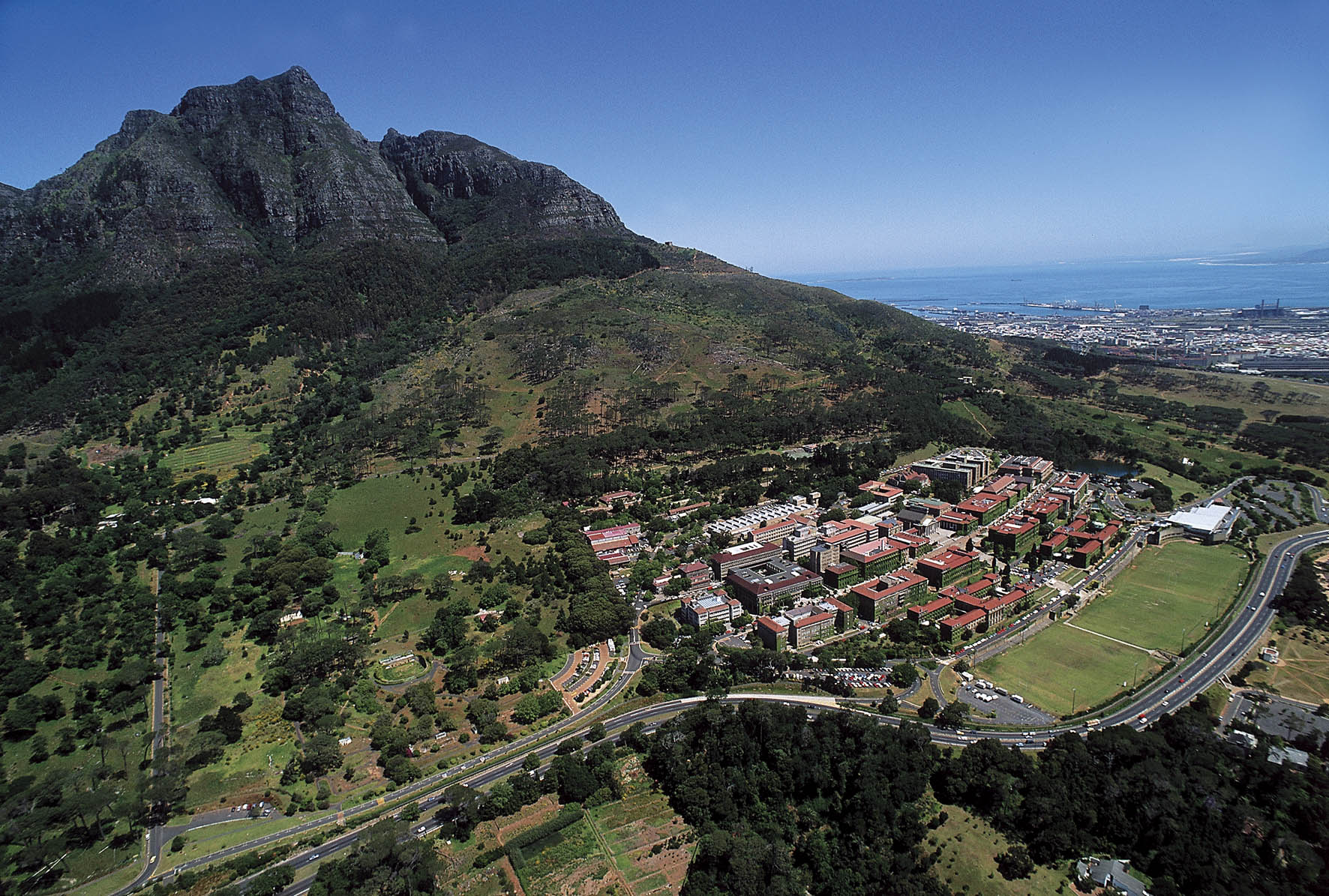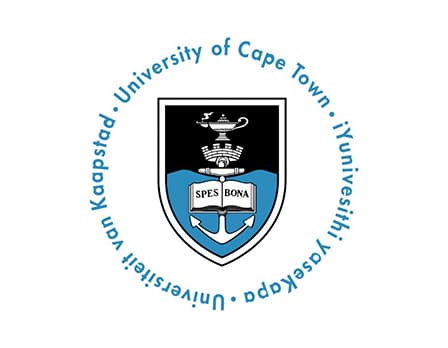The University of Cape Town (UCT) is South Africa’s oldest and perhaps most distinguished university. When you consider that it also boasts world-class academics at an incredibly affordable rate, it’s really not surprising that its campus is now host to over 5,270 international students from all over the world.
If you’re concerned about costs, you should know that South Africa is the cheapest country to live in, according to GoBankingRates. Writing on the Money magazine website on behalf of GoBankingRates, Elyssa Kirkham notes that the country “offers lower prices on consumer goods and groceries, and rent costs that are typical of the 50 cheapest countries. In the major city of Cape Town, for instance, monthly expenses total just under $400 while the average rent costs are reflected by the typical price to rent a one-bedroom in Durban of around $280 a month.”

Accordingly, consultancy firm Mercer ranked Cape Town, where the university is located, among the world’s least expensive cities for expatriates, reported The Southern Times. Furthermore, the University of Cape Town itself is known for its affordable and high return-on-investment programmes. The Financial Times Global MBA Top 100 ranking named UCT’s MBA programme among the world’s best value-for-money MBA programmes.
In response, Professor Walter Baets, Director of the University’s Graduate School of Business, said, “one of the criticisms of an MBA is that it is too expensive, so it is nice to be recognised in this way for the quality of our MBA programme,” reports the Cape Town Tourism website.
The affordability of Cape Town and its premier University belies the spectacular beauty of their location. The city is set against a majestic, table-shaped mountain, located on a peninsula of soaring, rocky heights and lush valleys, where the Indian and Atlantic oceans converge. This picturesque landscape combined with the bright lights and thrills of the urban jungle makes for a stirring celebration of both the natural and man-made. Students can look forward to a mostly warm Mediterranean climate that’s perfect for strolling through Cape Town’s vibrant streets.
English is generally the most-spoken language in the city, allowing international students to settle in and find their way easily. If you’re in the mood for live entertainment, you could visit the famous V&A Waterfront, Kirstenbosch Gardens or the Baxter Theatre Centre. Or if you need some contemplative time to yourself, you could walk along Cape Town’s pristine white beaches. It’s completely up to you. The city and the surrounding area are replete with restaurants, bars, art galleries, museums, shopping malls, spas, wine farms, and more. You could say studying in Cape Town is combining your academic goals with a chance to enjoy a top world vacation spot!

Amid these resort-like conditions, the University of Cape Town stands tall as an exceptional provider of higher education. Dating back to the 1800s, it is perhaps South Africa’s most respected and prestigious university. QS University Rankings: BRICS 2016 – which ranks universities in BRICS countries (Brazil, Russia, India, China and South Africa) – placed UCT as 1st in South Africa. This corroborates the Times Higher Education BRICS & Emerging Economies Rankings 2016 which put the university as 1st in South Africa and 4th in the overall list.
UCT holds its own on the world stage as well – ranked among the Top 200 universities in the world by QS World University Rankings 2015/16. By subject, UCT’s development studies programme is ranked 9th in the world – tied with the prestigious Stanford University in the U.S. (QS World University Rankings by Subject 2016). UCT also performed strongly (in the Top 100) in education, medicine, archaeology, English language and literature, law, engineering (mineral and mining), architecture and the built environment, agriculture and forestry, anthropology, and politics and international studies.
As you can probably tell, UCT is a comprehensive, research-intensive university which offers a vast number of programmes at both undergraduate and postgraduate level. Teaching and research are organised into faculties and departments: Faculty of Commerce, Faculty of Engineering & the Built Environment, Faculty of Health Sciences, Faculty of Humanities, Faculty of Law, Faculty of Science, Graduate School of Business (GSB), and the Centre for Higher Education Development (CHED). International students receive support from the International Academic Programmes Office which offers orientations to the area, advice on visas, costs and other student life issues.
At the core of UCT’s outstanding programmes is an emphasis on building social skills and leadership, and exploring different perspectives, resulting in graduates who can easily adapt to the real-world workplace and think critically about issues.

This is what Pranav Tandon, who undertook an MBA at UCT’s Graduate School of Business, had to say: “What I enjoy most about the UCT GSB MBA is the group discussions. Through these we learn to understand group dynamics, effective communication, and project leadership and implementation. It’s really enriching and it enables one to really appreciate different perspectives, from a diverse demographic of people. Our class is a really good mix of people, and the lecturers are so supportive of anything you require at all.”
In the end, the University of Cape Town is a student’s dream: it’s incredibly affordable, is located in one of the most beautiful and exciting cities in the world, and is renowned for its academic performance. With so many great advantages, what is there left to consider?! It’s time to get writing your UCT application!
Interested? You can find out more about how to study at Cape Town here, and you can follow the university on Twitter, Facebook and Instagram.











